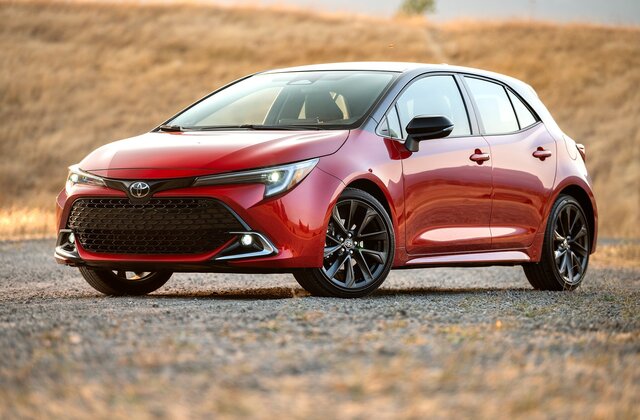Electric vehicles (EVs) have gained significant attention in recent years, as more people become aware of the environmental benefits they offer. As the world continues to grapple with climate change and other environmental challenges, electric cars are emerging as a potential solution to help reduce greenhouse gas emissions and improve air quality. In this article, we’ll explore the benefits of electric vehicles for both the environment and society.
Reduced greenhouse gas emissions
One of the most significant benefits of electric vehicles is their ability to reduce greenhouse gas emissions. Unlike traditional gasoline-powered vehicles, EVs don’t emit any pollutants from their tailpipes. According to the Union of Concerned Scientists, EVs produce significantly fewer global warming emissions than conventional vehicles in most parts of the country, even when you factor in the emissions from electricity production. This means that by driving an electric car, you’re helping to reduce your carbon footprint and minimize your impact on the environment.
Improved air quality
Electric vehicles can also help improve air quality, especially in urban areas. According to the World Health Organization, air pollution is responsible for millions of deaths each year. Traditional gasoline-powered vehicles are a significant contributor to this problem, as they emit pollutants such as nitrogen oxides, particulate matter, and volatile organic compounds. By switching to electric cars, we can reduce the amount of harmful pollutants in the air, which can have a positive impact on public health.
Reduced dependence on fossil fuels
Electric vehicles offer a way to reduce our dependence on fossil fuels. While electricity is often generated from fossil fuels, such as coal and natural gas, it can also be generated from renewable sources such as wind, solar, and hydroelectric power. By using renewable energy to power our cars, we can reduce our reliance on non-renewable sources of energy and move towards a more sustainable energy future.
Lower operating costs
While electric cars may have a higher initial cost than traditional gasoline-powered vehicles, they often have lower operating costs over their lifetime. EVs have fewer moving parts than gasoline-powered cars, which means they require less maintenance and are less prone to breakdowns. Additionally, electric cars are much more energy-efficient than gasoline-powered cars, which means they cost less to operate. According to the U.S. Department of Energy, it costs about half as much to drive an electric vehicle compared to a traditional gasoline-powered car.
Noise pollution reduction
Electric vehicles are much quieter than traditional gasoline-powered cars. This means that they can help reduce noise pollution in urban areas, which can have a positive impact on public health and quality of life. Additionally, electric vehicles can be charged at home, which means that there’s no need to visit gas stations, which are often located in noisy areas.
Job creation
The transition to electric vehicles can also create new jobs and industries. As more people switch to electric cars, there will be a growing demand for manufacturing, installing, and maintaining charging stations. Additionally, as the renewable energy sector grows, there will be new opportunities for job creation in fields such as wind and solar power.
National energy security
Finally, electric vehicles can improve national energy security. By reducing our dependence on foreign oil, we can help ensure that we have a stable and secure energy supply. Additionally, by transitioning to renewable sources of energy, we can reduce our reliance on volatile and unpredictable energy markets.
Conclusion
In conclusion, electric vehicles offer a wide range of benefits for both the environment and society. From reducing greenhouse gas emissions to improving air quality and reducing our dependence on fossil fuels, EVs offer a way to move towards a more sustainable future. While there are still challenges to overcome, such as the need for more charging infrastructure, the benefits of electric vehicles make them an important part of the transition to a cleaner, more sustainable transportation system.












Wow, amazing blog structure! How long have you ever been running
a blog for? you make running a blog glance easy.
The whole look of your web site is fantastic, let alone the content!
You can see similar here sklep internetowy